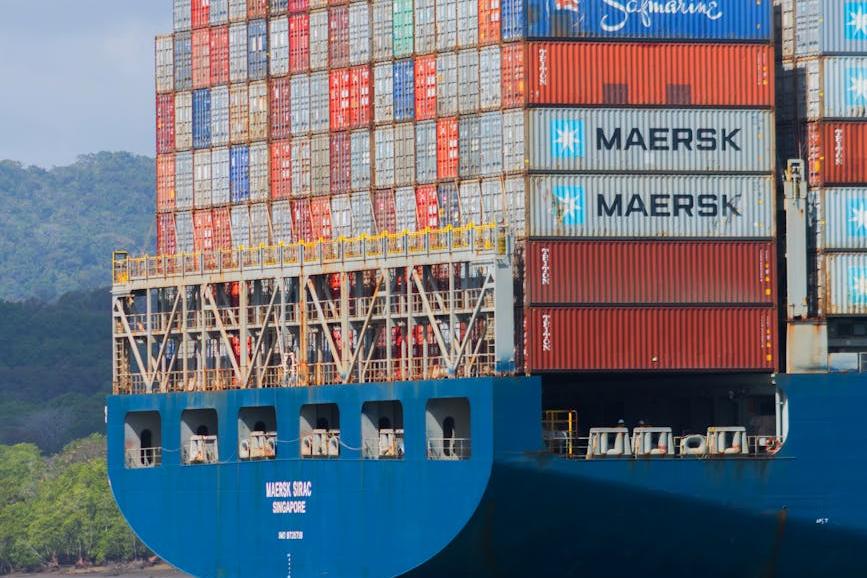
Import and Export Inspection and Appraisal: The "Quality Passport" for Foreign Trade Enterprises
On the international trade stage, product quality is the lifeline of enterprises. As a 20-year veteran in foreign trade, I deeply understandImport/export commodity inspection business licensingThe importance. This "Quality Passport" issued by the General Administration of Customs is not only a testament to a company's professional capabilities but also a golden key to unlocking international markets.
Why apply for inspection qualification?
According to Article 8 of the Commodity Inspection Law, only licensed inspection institutions can legally conduct import/export commodity inspection business. Without this certificate, enterprises will face:
- Inability to provide authoritative inspection reports for domestic and international clients
- Disqualification from participating in international bidding
- Potential trade disputes due to lack of inspection qualifications
Application requirements: Differences between Chinese and foreign institutions
The General Administration of Customs sets different entry thresholds for Chinese and foreign inspection institutions:
- Chinese institutions: Investors must have engaged in inspection business in China for at least 3 years, with corresponding testing conditions and quality management systems
- Foreign institutions: Foreign investors must have at least 3 years of inspection business experience in their home country, while Chinese investors also need 3 years of domestic experience
Special reminder: For applications involving laboratory testing, CMA or CNAS certification materials must be provided, and the business scope must match the certification scope.
Document preparation: These details are most prone to errors
Based on years of experience assisting companies with applications, Ive found these material issues to be most common:
- Issues with application form stamps: Must bear the companys official seal - many companies use contract seals or department stamps, leading to application rejection
- Incomplete proof of operational history: Requires continuous business proof materials for 3 years - some companies only provide the most recent years documents
- Insufficient testing capability proof: Incomplete equipment lists and technical personnel qualification certificates
Its recommended to start preparing materials 3 months in advance to avoid missing business opportunities due to documentation issues.
Processing Procedure: The "Customs Speed" of 13 Working Days
The General Administration of Customs promises decisions within 13 working days (extendable by 10 days in special cases), 7 days shorter than the statutory time limit. The process consists of three steps:
- Submit your application: You can handle it online through the "Internet + Customs" platform or submit materials by mail.
- Document review: Customs will notify all required corrections at once - its advised to keep phone lines available
- Certificate collection: Upon approval, the original certificate must be returned (if applicable), with the new certificate delivered by courier
Certificate management: Notes on modification, renewal, and cancellation
After obtaining the certificate, please note:
- Modification application: Any changes to certificate details require reapplication within 30 days of the change
- Renewal application: Must be submitted 3 months before the expiration date
- Cancellation application: Should be filed promptly when business ceases to avoid legal risks
Special note: When submitting modification or renewal applications, its recommended to mail back the original certificate simultaneously to expedite processing.
Practical advice: A veterans guide to avoiding pitfalls
Based on extensive experience, here are some suggestions for companies preparing applications:
- Prioritize online processing for real-time progress tracking
- Consult Customs service hotline 12360 for material preparation guidance
- Testing capability proof should highlight distinctive inspection items
- Quality management system documents should demonstrate operational feasibility
Remember: Inspection qualification isnt the destination, but a new starting point for quality control. After obtaining the license, focus more on continuous improvement of inspection capabilities.
Conclusion: A compulsory course for enterprises in the quality era
In today's increasingly stringent global trade quality requirements, obtaining an import and export commodity inspection and appraisal business license has become a standard for high-quality foreign trade enterprises. We hope this guide will help you smoothly obtain this "quality passport" and move more steadily and further on the stage of international trade.


 Follow the customer service WeChat account.
Follow the customer service WeChat account.